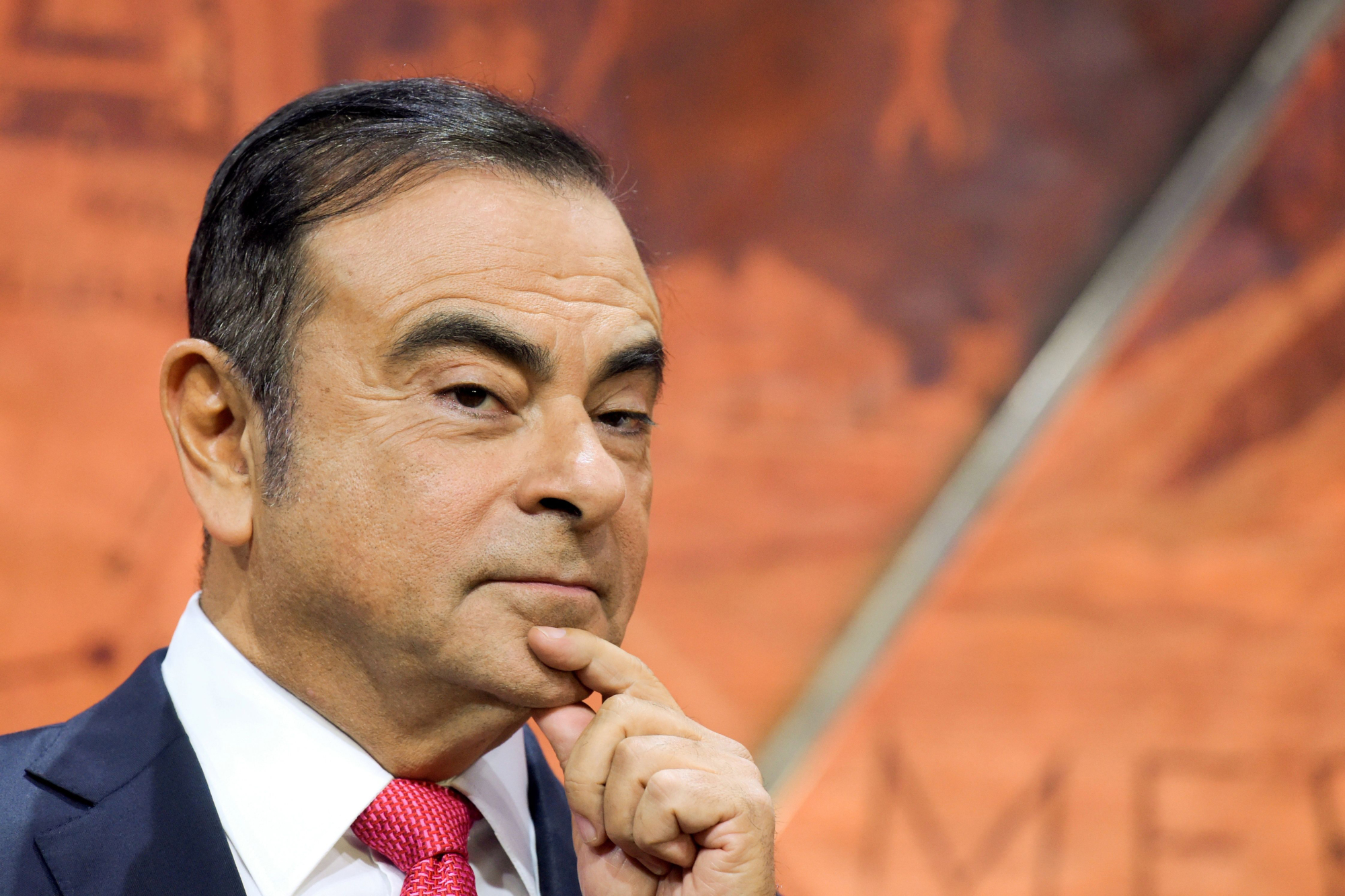When Nissan Motor Co.'s then-Chairman Carlos Ghosn was arrested soon after his private jet landed at Tokyo's Haneda airport on Nov. 19, media attention focused on his alleged underreporting of massive amounts of compensation from the carmaker. In the weeks following, however, it has become clear that the arrest represents many more complexities than one executive's alleged misconduct.
Ghosn's arrest was triggered by the accusation, developed by Nissan management working with prosecutors under a new plea bargaining system introduced in June, that he was underreporting income, deferring income to avoid taxes, using Nissan shell companies to pay for luxury homes in Beirut, Rio de Janeiro, Paris and Amsterdam for his own personal use, and improperly using company funds to reward his relatives. On Dec. 10, Ghosn was indicted on charges of understating his compensation in corporate filings by $44 million over a five-year period ended March 2015. Prosecutors also suspect that Ghosn may have understated his compensation in the three years ended last March, with the total suspected understatement for the eight years coming to more than $80 million.
Nissan explained that Ghosn had accumulated so much power during his 20-year reign at the company that no one could stop these abuses. Since arriving in Japan in 1999 to rescue Nissan from bankruptcy with Renault’s $5.4 billion bailout package, Ghosn was extolled not only as Nissan’s savior but also as the premier example of a global turnaround artist and management guru. He was even touted as a national hero in a children's manga series and awarded an honor by Emperor Akihito in 2004 for his contributions. Ghosn is reportedly denying that he has acted illegally, and his claim is supported by Greg Kelly, one of his top aides at Nissan. So the first question is, what precisely did Ghosn do with his compensation and was it illegal under Japanese law?



